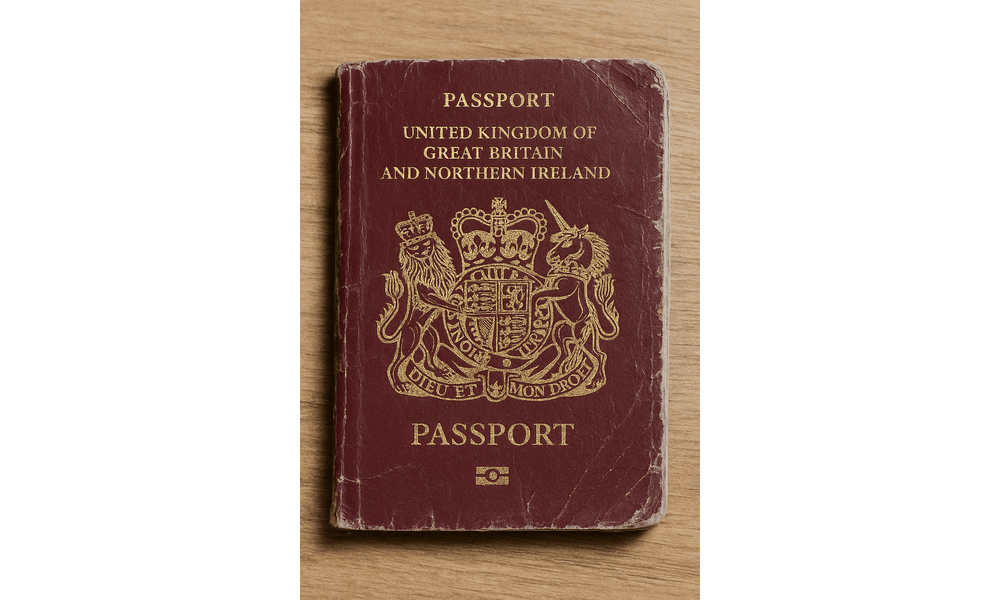When planning an international trip, most travelers focus on flights, hotel bookings, and visas. However, one crucial detail often gets ignored — the physical condition of your passport. While having a valid passport is mandatory, its wear and tear can also determine whether you’re allowed to travel or not. Airlines and border authorities around the world strictly enforce these rules, making passport maintenance just as important as securing your ticket or visa.
Why Passport Condition Matters
A passport is more than just a travel document — it serves as your primary form of identification while abroad. Any damage, even seemingly minor, can raise red flags during immigration checks. Airline staff and border officials are trained to identify signs of tampering or wear that could compromise the passport’s validity.
Conditions that can lead to denial of boarding or entry include:
- Torn or missing pages
- Loose or separated binding
- Water damage or smudged pages
- Illegible or worn-out personal details
- Significant creases or bends that affect the electronic chip
Even if your passport is within the validity period and your visa is in order, you may still be refused entry if officials consider the document unfit for processing.
Strict Regulations Across Popular Destinations
Countries like the United States, Canada, Australia, and several European Union members have strict guidelines for passport quality. Some airports will not permit travelers to board flights if the passport shows significant damage. In places where electronic chip scanning is mandatory, a damaged chip or unreadable barcode can lead to extensive questioning or outright refusal.
Certain nations also do not accept emergency travel documents, leaving travelers with no backup plan if their passport is declared invalid at the last moment. This can be particularly problematic for those traveling for work, family emergencies, or tightly scheduled tours, where rebooking flights or accommodations could cost thousands.
Real Travel Disruptions Caused by Passport Damage
Every year, thousands of travelers experience last-minute disruptions due to damaged passports. Common scenarios include passengers being stopped during airport check-in, unable to clear immigration, or delayed during transits in connecting countries. In some cases, travelers are forced to return home or apply for emergency assistance from their country’s embassy, which can delay trips by days or even weeks.
Beyond the inconvenience, damaged passports can lead to additional expenses, including rebooking flights, changing hotel reservations, and missing prepaid tours or events. For travelers on tight schedules, these disruptions can derail entire trips.
How to Check if Your Passport Is Travel-Ready
Before packing for your trip, take a few minutes to examine your passport carefully. Here’s a quick checklist:
- Are all pages intact and securely bound?
- Is your photograph clear and unaltered?
- Is the personal data page smudge-free and easy to read?
- Is the cover free from tears, peeling, or deep scratches?
- Does the passport close properly without loose pages?
If you notice any of these issues, it’s safer to renew your passport before traveling, even if it’s still valid. Being proactive can save you from costly and stressful situations at the airport.
Renewing Your Passport: A Smart Investment
Renewing a passport before international travel is a small price to pay for peace of mind. The cost of renewing is minimal compared to the expenses caused by trip cancellations or delays. Many countries now offer expedited processing options, allowing travelers to secure a new passport in just a few weeks or even days for urgent cases.
If you’re unsure whether your passport meets international standards, visit a local passport office or consult your travel agent. They can help determine whether the document is fit for travel or if a renewal is recommended.
Tips to Keep Your Passport in Good Condition
- Use a Protective Cover
Store your passport in a high-quality case to protect it from scratches, moisture, and bending. - Avoid Carrying It in Back Pockets
Sitting on your passport can damage its chip or warp the pages. Always keep it in a secure travel pouch or wallet. - Keep It Dry and Clean
Water and dirt are the main enemies of a passport. Store it in a sealed bag if traveling during rainy seasons or near water activities. - Avoid Excessive Handling
Only take your passport out when necessary to minimize wear and tear. - Check It Regularly
A periodic inspection ensures you can address any damage before your next trip.
Travel Preparedness: More Than Just Documents
Keeping your passport in good condition is part of overall travel preparedness. Along with valid visas, updated itineraries, and necessary insurance, a secure passport ensures that your journey goes smoothly from start to finish.
Travelers should also carry digital and physical copies of their passport stored separately. This is especially helpful in case of theft, loss, or emergencies abroad, allowing quicker replacement and easier verification of identity.
Conclusion: Protect Your Passport, Protect Your Trip
Your passport is your gateway to the world. A small tear, a smudge, or loose pages may seem minor, but they can disrupt even the most carefully planned trips. By keeping your passport in excellent condition, checking it well in advance of travel, and renewing it when needed, you can safeguard your journey and avoid unnecessary stress.
International travel requires preparation, and ensuring your passport is pristine is one of the simplest — yet most critical — steps for a seamless and memorable trip.
For more travel news like this, keep reading Global Travel Wire


















